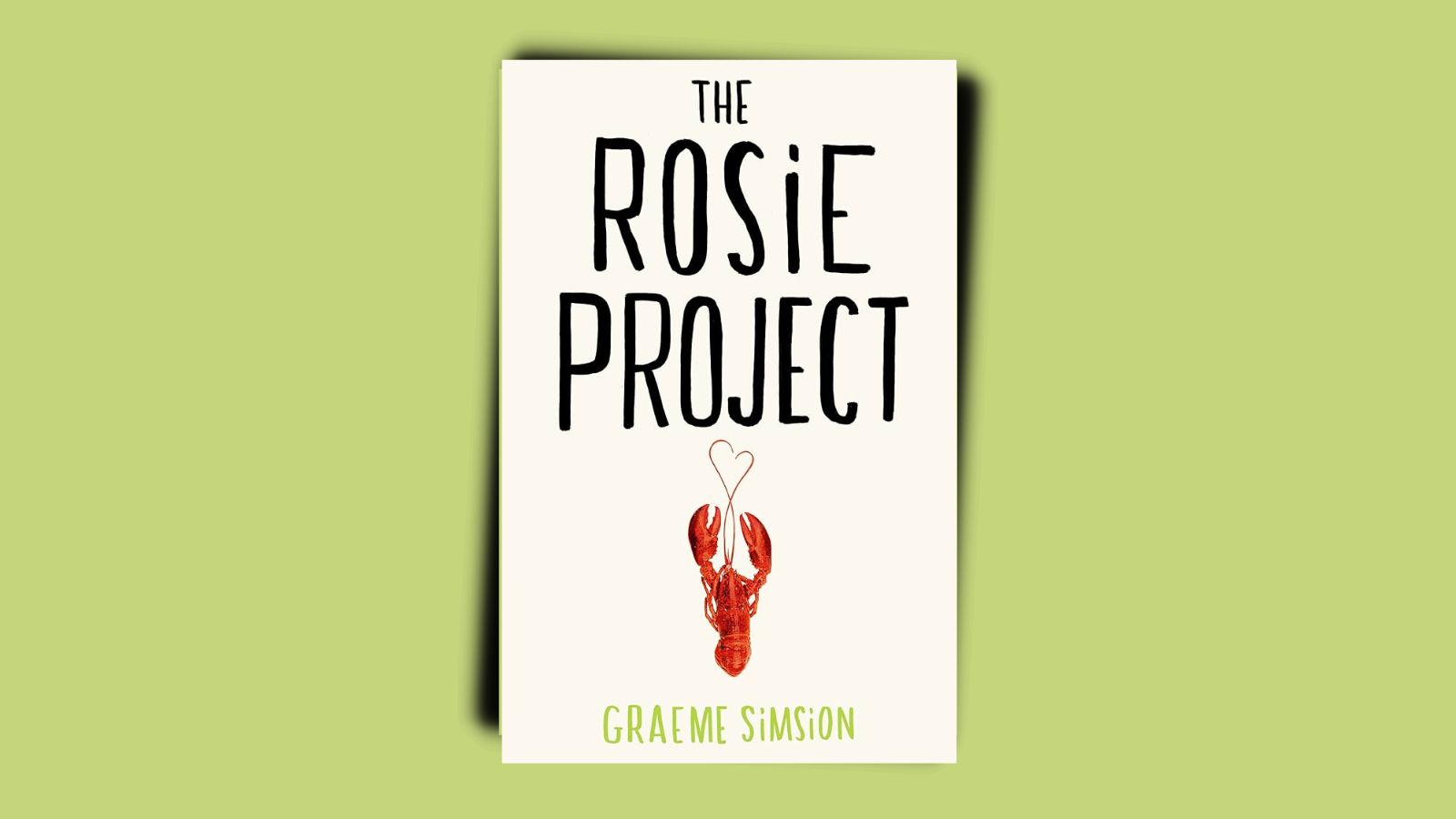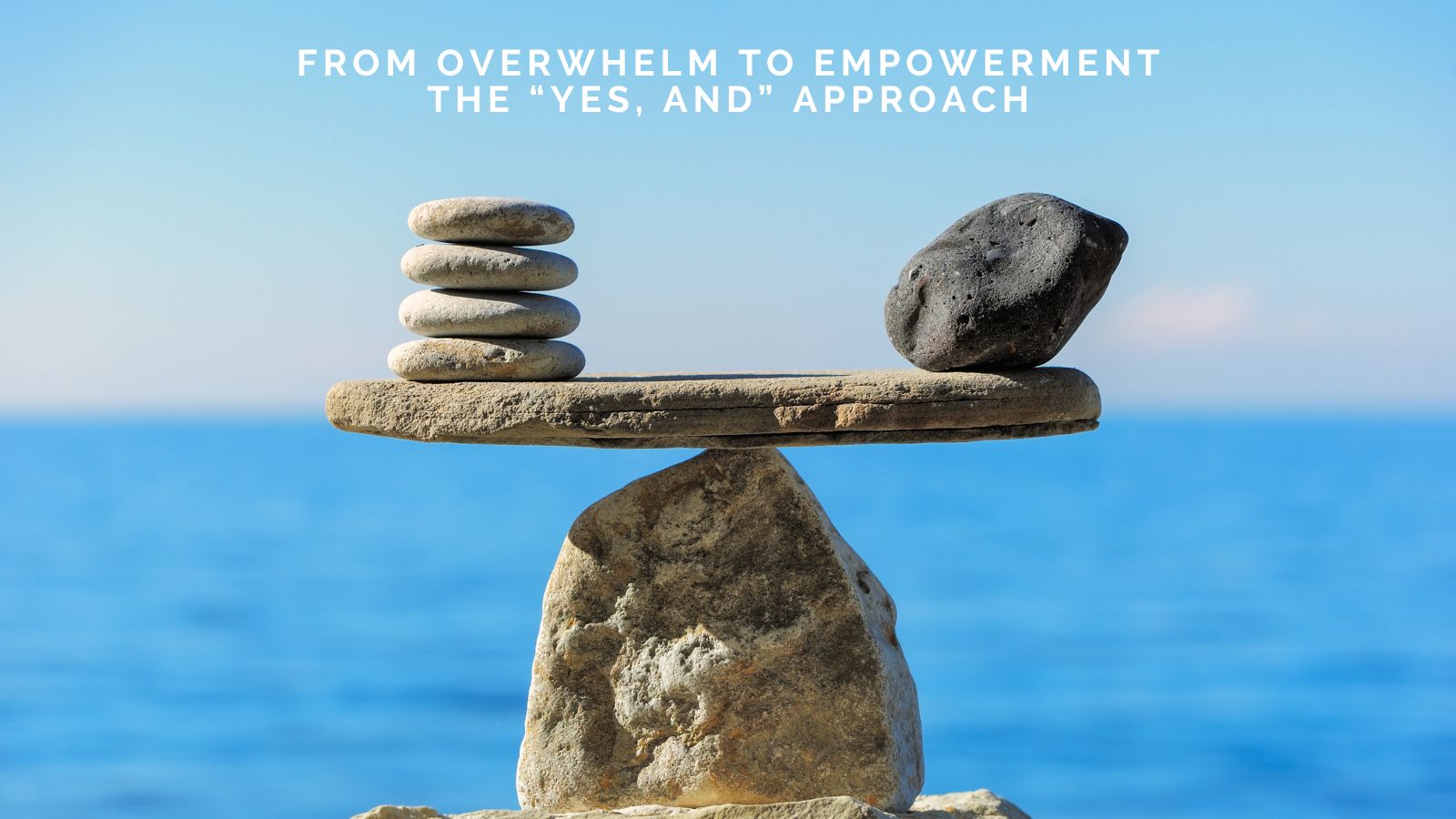
In the vast deserts of Saudi Arabia, a quiet but unshakeable revolution was taking shape. For decades, the women of this land were bound by a driving ban, a restriction that served as a visible reminder of the wider gender inequalities that governed their lives. But inside those constraints, a movement was stirring. A group of women refused to accept the script written for them. They dared to picture a future where they could make their own choices, take the wheel, and steer their lives in every sense.
One of the most recognised voices in this movement was Loujain Al-Hathloul. Her name has since become shorthand for courage. Born into a society where women’s rights were policed at every turn, she chose to confront the system head-on. For Loujain, the fight to drive was never about cars or roads — it was about control, independence, and the basic human right to move freely.
Her stand reached international headlines in 2014, when she attempted to drive from the United Arab Emirates into Saudi Arabia. It was a short journey in distance, but politically, it crossed a line the authorities would not tolerate. She was arrested at the border. The move was no stunt, it was a deliberate challenge to the law and a symbol of defiance against a deeply entrenched patriarchal order. Her arrest shone a light on the harsh realities for Saudi women, but it also energised the Women to Drive campaign, giving it visibility far beyond the kingdom.
Loujain refused to back down. She continued to post, speak, and organise, even under constant surveillance. The campaign gathered international momentum. The world watched as the conversation around Saudi women’s rights shifted. Finally, in June 2018, the kingdom announced the driving ban would be lifted — a historic breakthrough that made headlines worldwide.
But the timing told its own story. In May 2018, just weeks before the ban was officially removed, Loujain was arrested again along with several other prominent women’s rights activists. It was a calculated move by the authorities, a warning that while the law might change, the state still controlled the terms of dissent.
This time, the cost was brutal. Loujain was detained for nearly three years, enduring solitary confinement, relentless interrogations, and what human rights groups have documented as torture. She reported being beaten, waterboarded, electrocuted, hung by her limbs for hours, and threatened with rape. The aim was clear, break her spirit and send a message to others.
In December 2020, she was sentenced to nearly six years in prison under broad “terrorism” charges. The verdict was met with global condemnation. Under intense international pressure, Loujain was released in February 2021 but her freedom remains conditional. She faces a five-year travel ban, a suspended sentence that can be reactivated at any time, and ongoing restrictions on her speech.
Even in release, she has not gone silent. Loujain continues to document her experience, speak out through her family, and advocate for other political prisoners. Her very existence outside prison walls is a reminder that the struggle did not end when the first Saudi woman got behind the wheel.
Loujain’s story is not tidy. It does not fit neatly into a “victory” headline. Yes, the driving ban is gone but the activists who fought hardest to end it paid with years of their lives, their health, and in some cases, their safety.
Her journey is a lesson in the reality of change: it rarely comes as a gift from those in power. It is pushed forward by ordinary people who decide they have had enough. People willing to pay the price for a better tomorrow, knowing they may never fully enjoy the freedom they win.
As the world scrolls past headlines, Loujain Al-Hathloul’s name remains a marker — a reminder that courage can be quiet, steady, and unyielding. The road she took was dangerous and costly, but in driving it, she opened the way for others.
And that is how revolutions are built not just with new laws, but with people who refuse to let the engine of change stall












